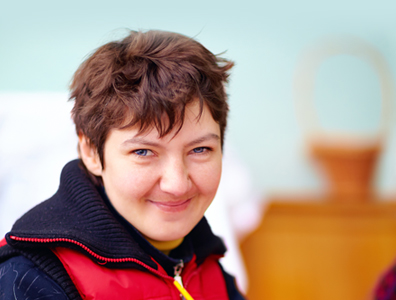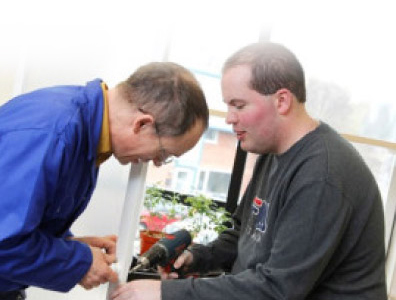Out of the pond and into the ocean Young adults transitioning from school to adult services
Do you have a young adult 14+ with a learning difficulty/disability, mental health, autism or/and behaviour that challenges who attends a special school?
Yes, then please can we urge you to start to look at the transition now?
If the young adult you care for has a Statement of Special Education Needs you may get a letter when they reach 14 suggesting you create a Transition Plan, you may not!
You may feel the time is on your side, after all, a transition cannot be that difficult, can it?
For years you have probably been in the relative security of children’s services and maybe a special school placement (the pond) but at some point, you are going to transition into adult services (the ocean).
The range of adult services can appear vast and the system to access them fragmented, confusing, occasionally frightening, and desperately difficult to navigate.
Do not be one of those tearful July phone calls – a parent/carer who is in utter despair as they’ve a young adult going stir crazy at home with no adult service in place, no funding and feeling totally overwhelmed.
Unfortunately, the longer you put off acting the more challenging it can be! Please do not fall into the Transition Trap by thinking the time is on your side.
The Transition Trap is when there is a belief that children’s services naturally flow into adult services. That funding automatically transfers. Your support worker/social worker will remain the same and the placement in an adult service you believe you automatically qualify for, you will get.
Beat the trap by creating a Transition Plan
Identify who can help you: transition advisors at school, social worker, community nurses, professionals you work with now and adult service providers
Look out for transition events and go to them. Most special schools start to hold transition events in the autumn and into the spring, they invite support groups and adult services to attend. Take your knowledge of the person you care for, what they can cope with/cannot cope with and how change affects them and use that to discuss your options so you can create your Transition Plan.
Look at several services.
- Do they have a documented transition pathway in place?
- Can you sample what life would be like in your chosen adult service whilst still being in a children’s service?
- How is the adult you care for after sampling time in an adult service?
- How do you feel after sampling the service?
Get your transition right and it will have a positive impact on the adult you care for, on you and your family for many years to come.
If you would like to see an example of how Skills Tank has used 21 years of working with adults 16+ with learning difficulties/disabilities, mental health, autism, and behaviour that challenges to create a transition pathway that works then visit www.skillstank.co.uk and select transition. Like to talk to our transition consultant, then call Glenys on 0121 308 6555.



